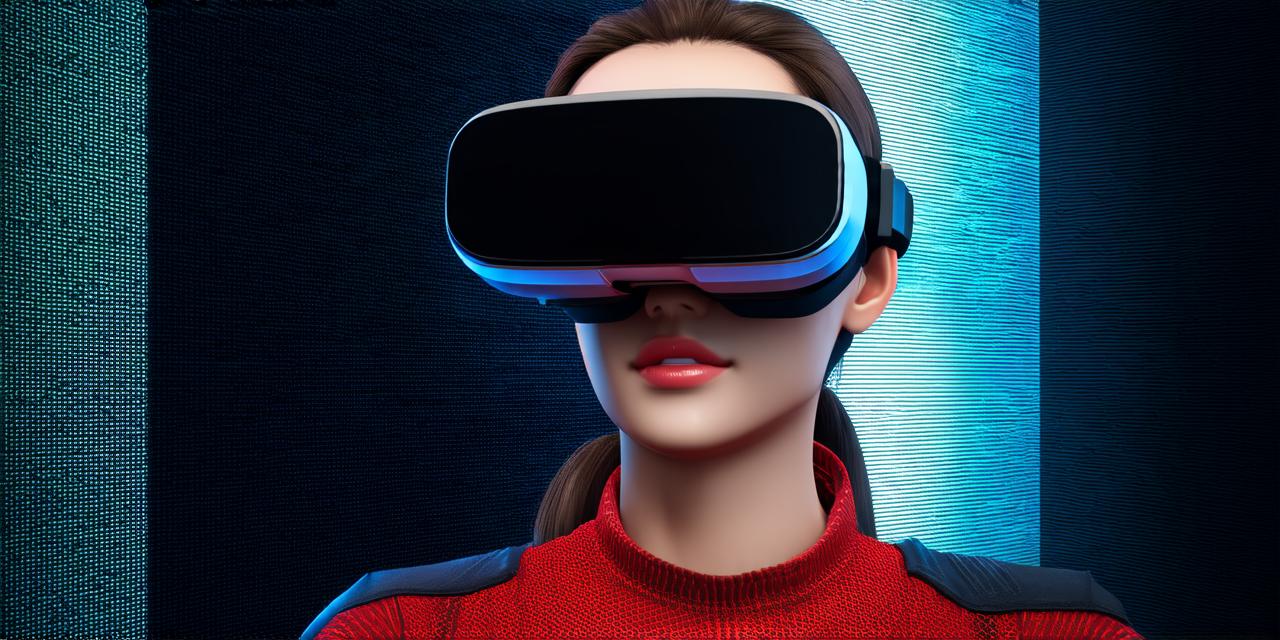
How can individuals benefit from virtual reality?
Virtual reality (VR) technology has come a long way since its inception in the 1960s. Today, VR is transforming industries such as gaming, education, and healthcare, among others.
One of the most significant benefits of virtual reality is its ability to create immersive experiences. With VR headsets, users can feel like they are in a completely different environment without ever leaving their home or office.
For example, if you have always wanted to go scuba diving but cannot afford the cost of equipment and travel, you can use VR headsets to explore the depths of the ocean from the comfort of your living room. This type of immersive experience is not limited to entertainment; it can also be used for education purposes.
Virtual reality has the potential to revolutionize education by providing students with a more engaging and interactive learning experience. With VR, students can learn about different cultures and history in a way that is both fun and educational.
It also allows for hands-on experiences that are difficult or impossible to replicate in real life. For example, medical students can use VR simulations to practice surgeries and nurses can use them to simulate patient care scenarios.
Another benefit of virtual reality is its ability to improve mental health. Virtual reality has been used to treat anxiety disorders such as phobias and PTSD. By exposing patients to virtual environments that trigger their fears, therapists can help them overcome these fears in a safe and controlled environment.

It also allows for exposure therapy for individuals with social anxiety or fear of public speaking.
Virtual reality also has the potential to enhance work productivity. With VR, you can attend meetings or collaborate with colleagues from anywhere in the world without ever having to leave your home or office
This means that you can save time and money on travel expenses while still being able to work effectively with colleagues around the globe. It is particularly useful for remote teams, allowing them to feel more connected and productive.
One of the most compelling arguments for using virtual reality is its ability to increase empathy. By allowing people to experience different cultures and lifestyles through virtual reality, individuals can develop a greater understanding and appreciation for others
This can lead to more meaningful relationships and a more inclusive society. It also allows for exposure to different perspectives, helping individuals to see the world from a different point of view.
Finally, virtual reality has the potential to revolutionize the way we approach training and development. With VR, you can simulate real-life scenarios and provide employees with hands-on experience without ever having to leave your office or workplace
This means that you can train employees on complex tasks and procedures in a safe and controlled environment. For example, pilots can use VR simulations to practice flying scenarios and surgeons can use them to practice surgeries.
In conclusion, virtual reality is revolutionizing the way we interact with the world around us, and it has the potential to benefit individuals in many ways. From immersive experiences and education to mental health and work productivity, virtual reality is changing the way people experience things and connect with others. As virtual reality technology continues to evolve, its impact on our lives will only continue to grow.


